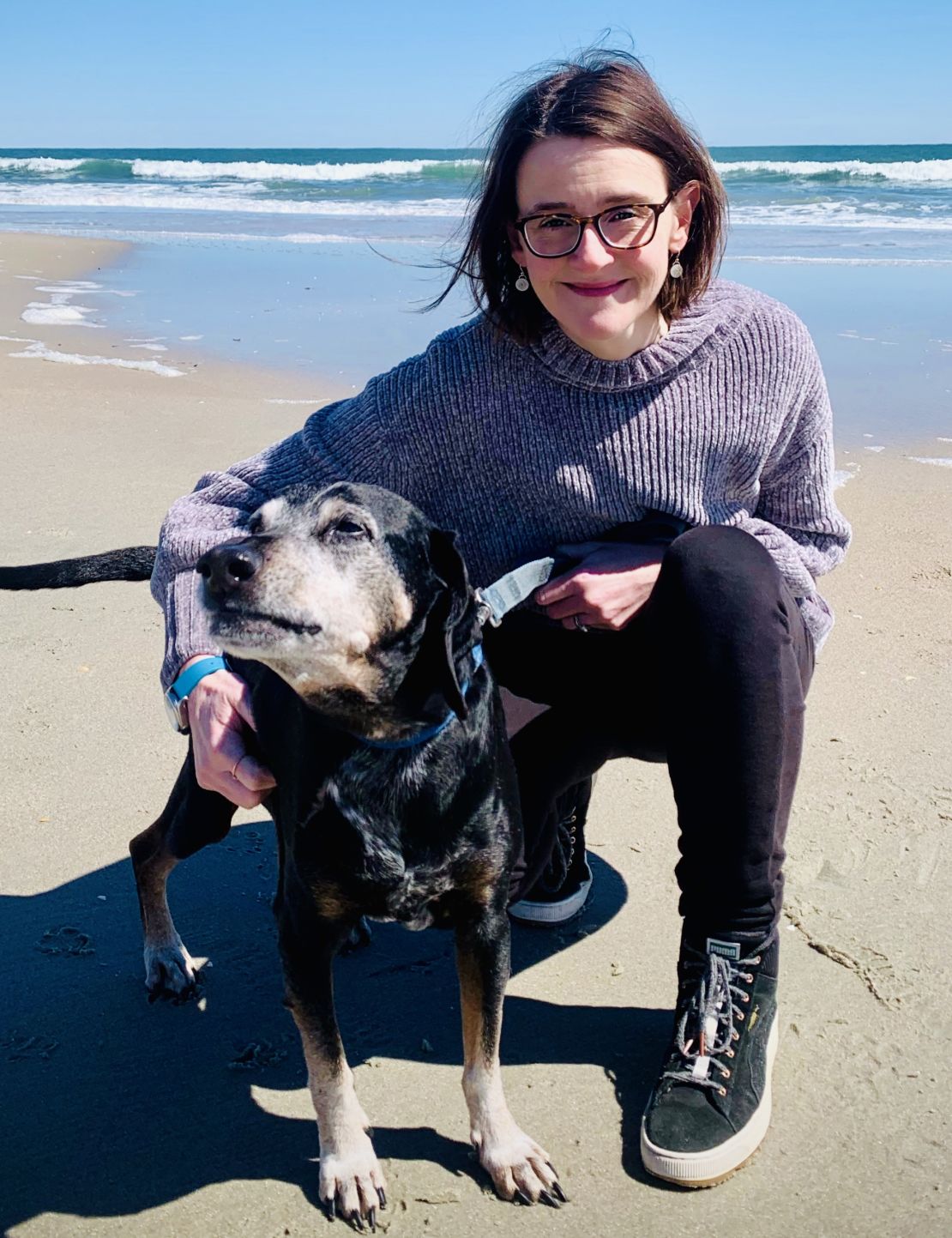Editor’s Note: Sara Stewart is a film and culture writer who lives in western Pennsylvania. The views expressed here are her own. View more opinion on CNN.
CNN
—
As news that Catherine, Princess of Wales had announced her cancer diagnosis dominated headlines Friday, I felt a deep and traumatic solidarity. Recovering from major abdominal surgery — as Kate has been since January — is ghastly, and having to do it so you can be healthy enough for chemotherapy is a humbling one-two punch from the universe. For Kate, that’s topped off by having to endure it all while the entire world chases you down like a fox on one of those hunts the royals are always throwing.
Kate has not yet disclosed specifically what kind of cancer she has. An oncologist told Today.com that it could be colon, stomach, genital or urinary cancer. We know that rates of colon cancer diagnoses in particular are going up alarmingly in younger populations. I was 45 when I received my diagnosis of stage 3 colon cancer, and, like Kate, underwent major abdominal surgery followed by chemo. I was told by countless doctors and nurses that they were seeing an upsetting uptick in younger patients like me.
One of the first things health care providers recommend to aid your recovery from surgery is reducing your stress. I truly cannot imagine trying to deal with the indignities of post-surgical recovery — such as, in my case not being able to walk even a single block unassisted for weeks, or being incontinent when you used to be a normal healthy person — on top of the relentless scrutiny Kate’s been under since that unnecessary photoshopped image.
But I do know this: She is in a unique position to be a much-needed voice for people around the world dealing with cancer at a young age. As a survivor of a gastrointestinal cancer, whose sufferers face much greater stigma than other types of cancer, I feel this most acutely. Kate is someone with a global public profile whose voice can truly make a difference in, for example, advocating for younger people to get colonoscopies and other cancer screenings. For the development of blood tests to detect gastrointestinal and other hard-to-detect cancers. And for health care providers to get on board with more modern practices, like the study that just found it’s unnecessary for people to starve themselves on a liquid diet the day before a colonoscopy.
I just celebrated my five-year cancerversary, which is to say I’ve been cancer-free since I finished a course of chemotherapy in February 2019. People ask me how I’m feeling now, and when I answer, I make sure to throw in details like “I’m definitely going to be advocating for more public restroom access from now on!” and “My digestive system will never be the same, but I’m happy to be alive!”
Maybe this makes me a Debbie Downer, but I’m fine with risking that to call attention to the fact that colon cancer survivors are often dealing with a very different version of “healthy” than the world might prefer to think about.
Depending on the nature of her abdominal surgery, Kate might have been assigned a short-term or a permanent colostomy bag. If she was lucky enough not to, she’s very likely dealing with all kinds of abdominal distress nonetheless. And although I cannot stress enough that she owes absolutely nothing to the public while she goes through treatment, my fervent hope is that once she’s on the other side of it she’ll become a powerful voice advocating for more ways of early testing and destigmatization.
Get Our Free Weekly Newsletter
Having cancer is not elegant. It is not sophisticated. I’m sure it’s the kind of thing the royal family would rather never, ever think about. But it’s landed squarely in their midst regardless, so this is Kate’s chance to make a real difference in the health outcomes of countless people around the world.
Here’s to a speedy and minimally awful course of chemotherapy, Kate. If you ever want to swap caustic bathroom humor with a fellow survivor, you’re always welcome to come sit next to me.
Credit: Source link




